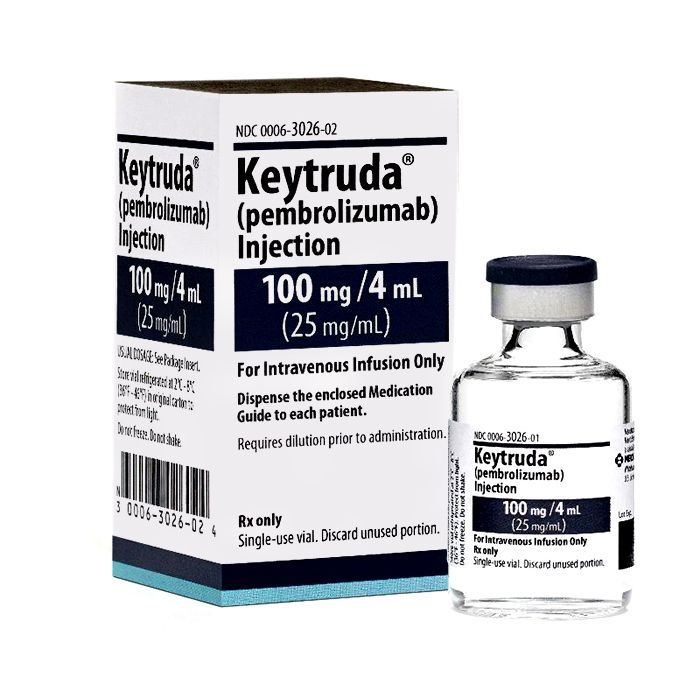What does this mean and how does it apply to me?
Last week, the Australian Government approved funding of Keytruda® to treat melanoma:
http://www.pm.gov.au/media/2015-06-28/new-drug-listing-keytruda-treat-melanoma
Malignant melanoma is a serious type of skin cancer due to uncontrolled growth of pigment cells (melanocytes). Australia and New Zealand have the highest incidence of melanoma in the world. Despite sun protection messages over the last 30 years, melanoma incidence has increased more rapidly than for any other cancer.
In most cases, melanoma arises from otherwise normal appearing skin (75% of cases) but a melanoma can also occur in a precursor lesion such as a normal mole (benign melanocytic naevus) , afunny-looking mole (atypical naevus) or a birthmark (congenital melanocytic naevus).
Melanoma is staged depending on how thick it is and whether or not it has spread from its original site. The thicker the melanoma, the more advanced the stage and the poorer the survival.
Keytruda® is also known by its drug name, Pembrolizumab. When a malignant melanoma develops, it can express certain proteins on its surface such as PDL-1 which helps it evade or hide from the immune system. This means the melanoma will remain undetected from the immune system. PDL-1 on the melanoma binds to specific proteins (PD-1 and B7.1) on T-cells (an important cell in our immune system) and disrupts their ability to detect the melanoma.
Pembrolizumab is an antibody against PD-1. By blocking this protein on the T-cell, it returns the T-cell to its active state allowing it to detect the melanoma and destroy it. Therapy with Keytruda® improves overall survival in patients with advanced melanoma (6-month progression-free-survival rates of 47.3% for pembrolizumab every 2 weeks, 46.4% for pembrolizumab every 3 weeks, and 26.5% for ipilimumab and 12-month survival rates were 74.1%, 68.4%, and 58.2%, respectively). The drug is given by intravenous infusion every 3 weeks for as long as it is working.
How does this affect me? Keytruda® is licensed for use in advanced, metastatic melanoma. This is also known as Stage IV disease or melanoma that has spread beyond its initial site at the skin to the rest of the body. Keytruda® is not for use in healthy individuals for prevention of melanoma, nor is it licensed for use in earlier stages of melanoma. If you have advanced, metastatic melanoma you may want to discuss your case with your cancer specialist, Oncologist on whether or not Keytruda® may be of benefit to you.
For most cases of melanoma, diagnosis is made at an early stage and surgical excision is curative. A skin check by a dermatologist can greatly assist in detecting melanoma at an early stage.
Blogs Written by: Dr. Eugene Tan Dermatologist and Fellowship-trained Micrographic Surgeon MBChB, FACD, FRACP, FNZDS, FACMS




